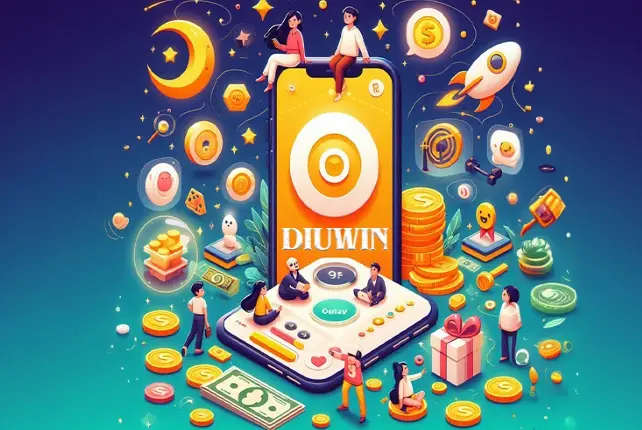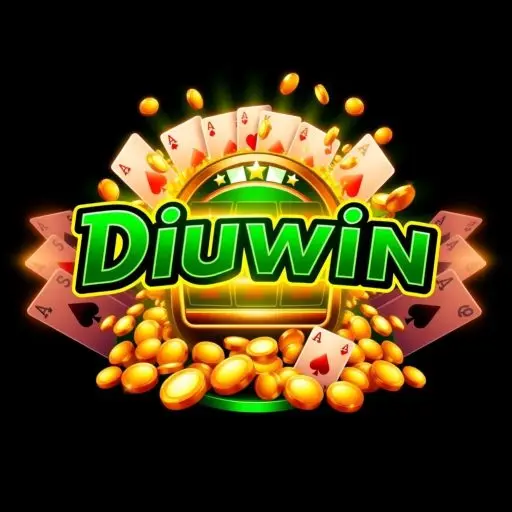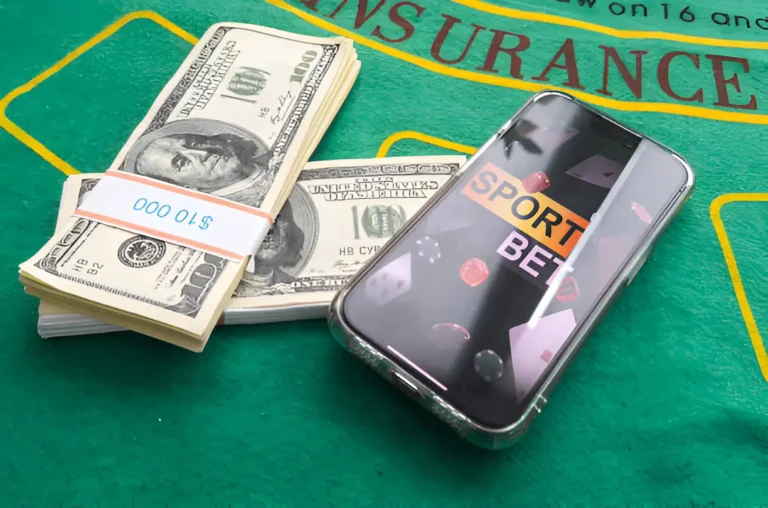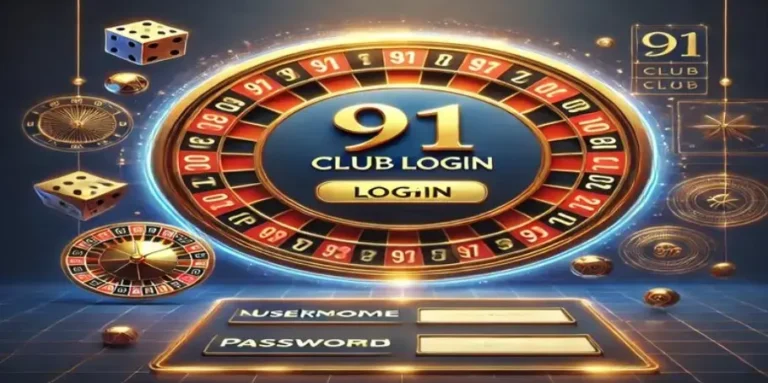Digital Temples: How Online Slots Became the Go-To Break for India’s 9-to-5 Crowd
It’s 3:07 PM. Emails are piling up, chai is lukewarm, and the meeting that should’ve ended ten minutes ago still hasn’t. A quiet sigh, a quick swipe, and a digital reel starts spinning. For India’s office workers, that moment says more than it looks.
The Midday Reset: Why Office Workers Turn to Slot Games
The typical Indian workday is longer than most people admit. Between early logins, back-to-back calls, and after-hours Slack pings, mental fatigue builds quickly. And while many used to reach for tea or scroll Instagram during breaks, a growing number of professionals are now choosing quick online slot games instead. Why? Because they offer something others don’t: active pause. Slot games require just enough attention to pull someone out of work mode – but not so much that it feels like a big commitment. You’re not following a plot or replying to comments. You tap, you spin, you stop. This short, repetitive interaction helps reset the brain between tasks.
A 2023 study by Mobile Premier League (MPL) noted a 37% spike in 2 PM–5 PM slot game activity, especially from IPs linked to office districts in Bengaluru, Gurugram, and Pune. It’s not hard to see why. These games offer a clean break that doesn’t involve noise or social obligation. For many, it’s like stepping outside for air – only you don’t need to leave your desk. Right here, in your phone, sits your three-minute temple of calm.
Low Effort, High Reward: The Appeal of Quick Play
Unlike mobile RPGs or time-heavy strategy games, slots don’t need a learning curve. There’s no tutorial to go through, no equipment to upgrade. The entry point is low – open the app, pick a theme, and start spinning. This simplicity fits perfectly into the tight, broken chunks of time most workers operate within. Office workers don’t have full hours to relax. They work in short blocks, grab lunch in a rush, and check notifications mid-call. So when a break does appear, they want something that delivers satisfaction quickly. Slots do that with sounds, lights, and micro-rewards – even without actual money at stake.
And it’s not just about pleasure. Many players describe these breaks as “mentally refreshing.” The mind resets by doing something meaningless on purpose. Much like doodling or tapping a pen, it’s not the activity that matters – it’s the pattern and rhythm. This is why some workers spin once at 11 AM, again post-lunch, and once more before logging off. The routine is calming, even if the outcome is random.
Social Silence: Playing Without Pressure
Unlike group games or multiplayer setups, slots are completely solo. You don’t need to join a team, share a screen, or compete with strangers. This makes them ideal for socially drained professionals – especially those managing back-to-back video calls or customer-facing roles. Playing a slot game in the middle of a break doesn’t demand social energy. You don’t need to explain what you’re doing or wait for others to log in. There’s no chat box blinking, no ranking pressure, and no teammate to disappoint.
For introverts – or even extroverts needing mental space – this solo structure is part of the appeal. It gives people a private zone where outcomes don’t matter and no one’s watching. Some users even describe it as a form of “digital meditation,” not because it’s deep, but because it’s peaceful. That privacy matters. In open-plan offices or crowded homes, these short silent breaks are hard to come by. A phone screen and a quiet app become tools for mental quiet. That’s what keeps people coming back – not just the gameplay, but the pause it gives.
Routine and Ritual: The Birth of Digital Break Culture
As slot games become daily touchpoints for workers, they’ve started blending into lifestyle routines. What began as a random tap has become a structured ritual for many. Log in, spin three times, log out. The act is short, but regular – and that’s what makes it powerful. People often underestimate the value of short habits. But researchers studying behavioral design, like Nir Eyal and B.J. Fogg, have found that repeated micro-actions form strong psychological anchors. Slot games, in their brevity, fit perfectly into these loops.
One Mumbai-based content manager shared that she plays her favorite game right after finishing client calls. “It’s like a soft full stop,” she said. “Even when the calls go badly, I spin and breathe. It resets my brain.” This kind of digital ritual may not seem serious – but it’s real. The action becomes linked with emotion and time. Over weeks and months, it creates structure where none existed. And in the chaos of remote or hybrid work, any sense of structure is valuable. Even small cues – like background sounds, winning jingles, or icon colors – reinforce memory and routine. These moments live in our heads and bodies long after the phone is locked. That’s why this habit continues, break after break.
Conclusion
Slot games are simple on the surface – but their role in India’s 9-to-5 life runs deeper. For many professionals, they’re more than just time-killers. They’re brief escapes, mental resets, and quiet routines in a noisy day. They don’t demand much. No teams, no talking, no tracking. Just a few taps and a moment to pause. And in that pause, something human happens – rest, reset, and relief. Call them digital temples or small rituals. Either way, they’ve earned their place in the rhythm of modern work. And as long as screens and deadlines coexist, the reels will keep spinning – quietly, steadily, right here between two tasks.






